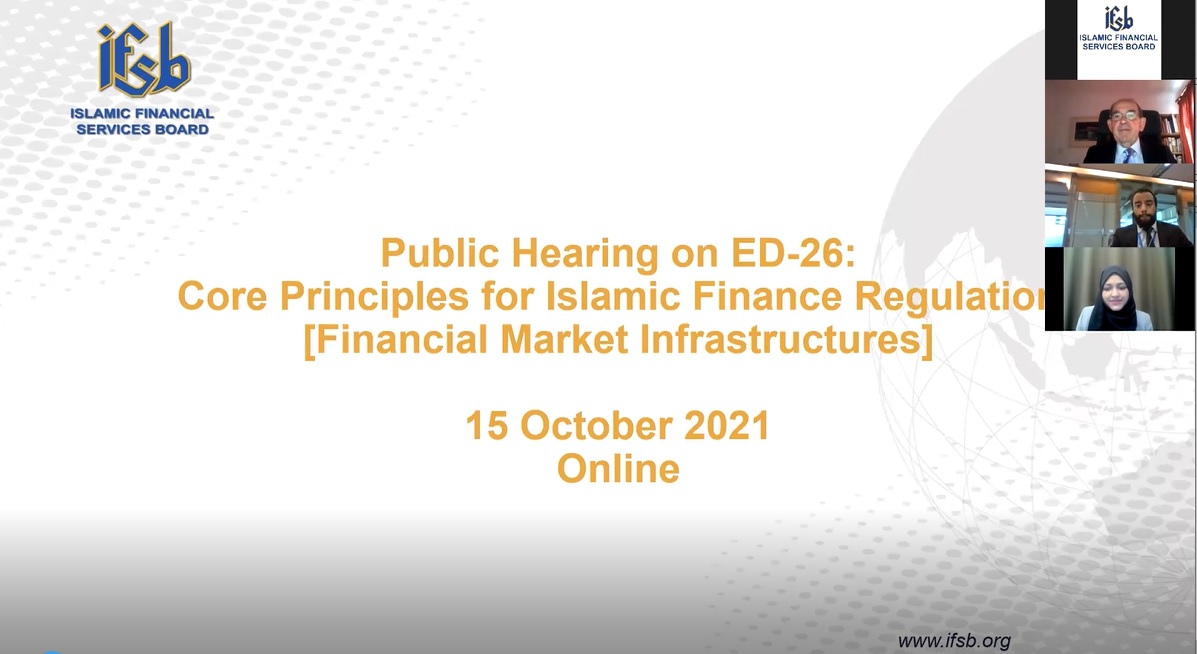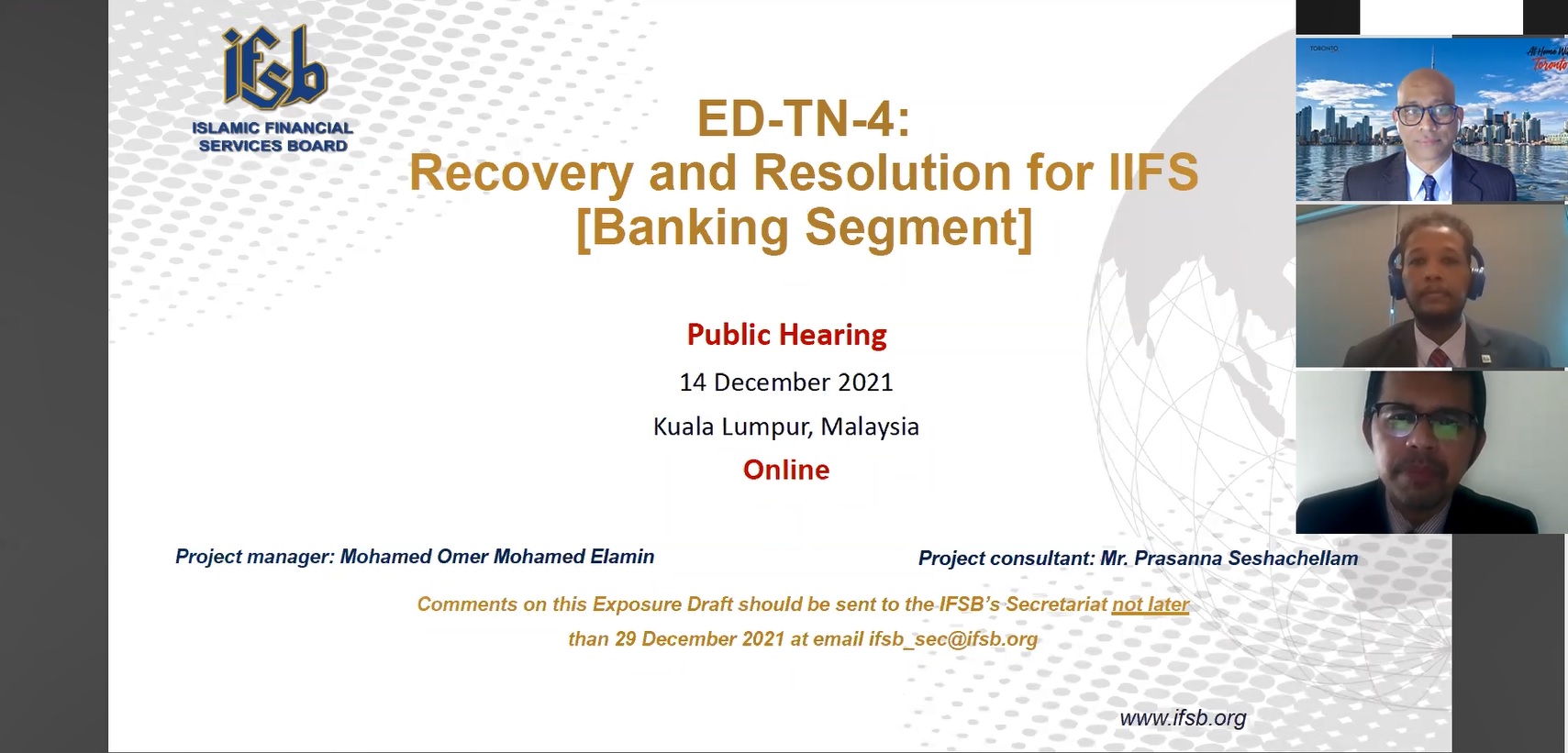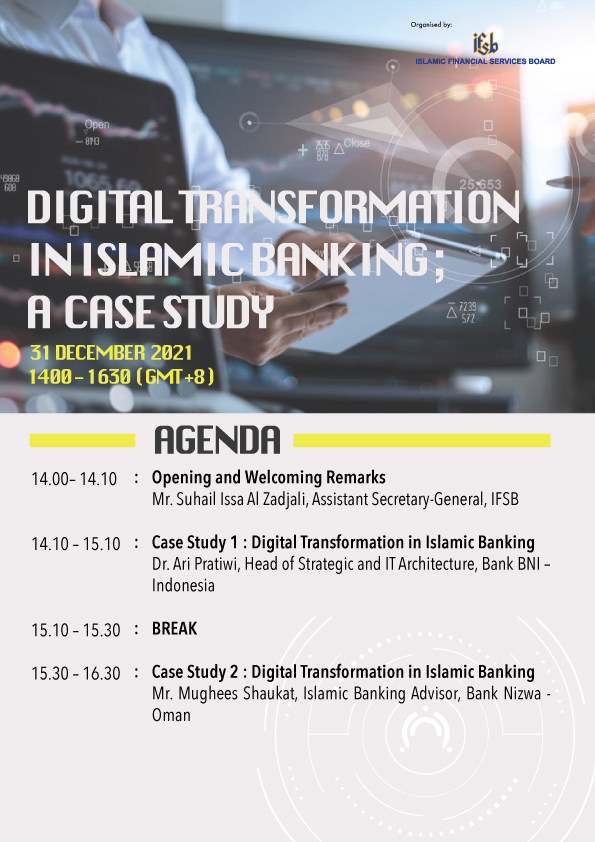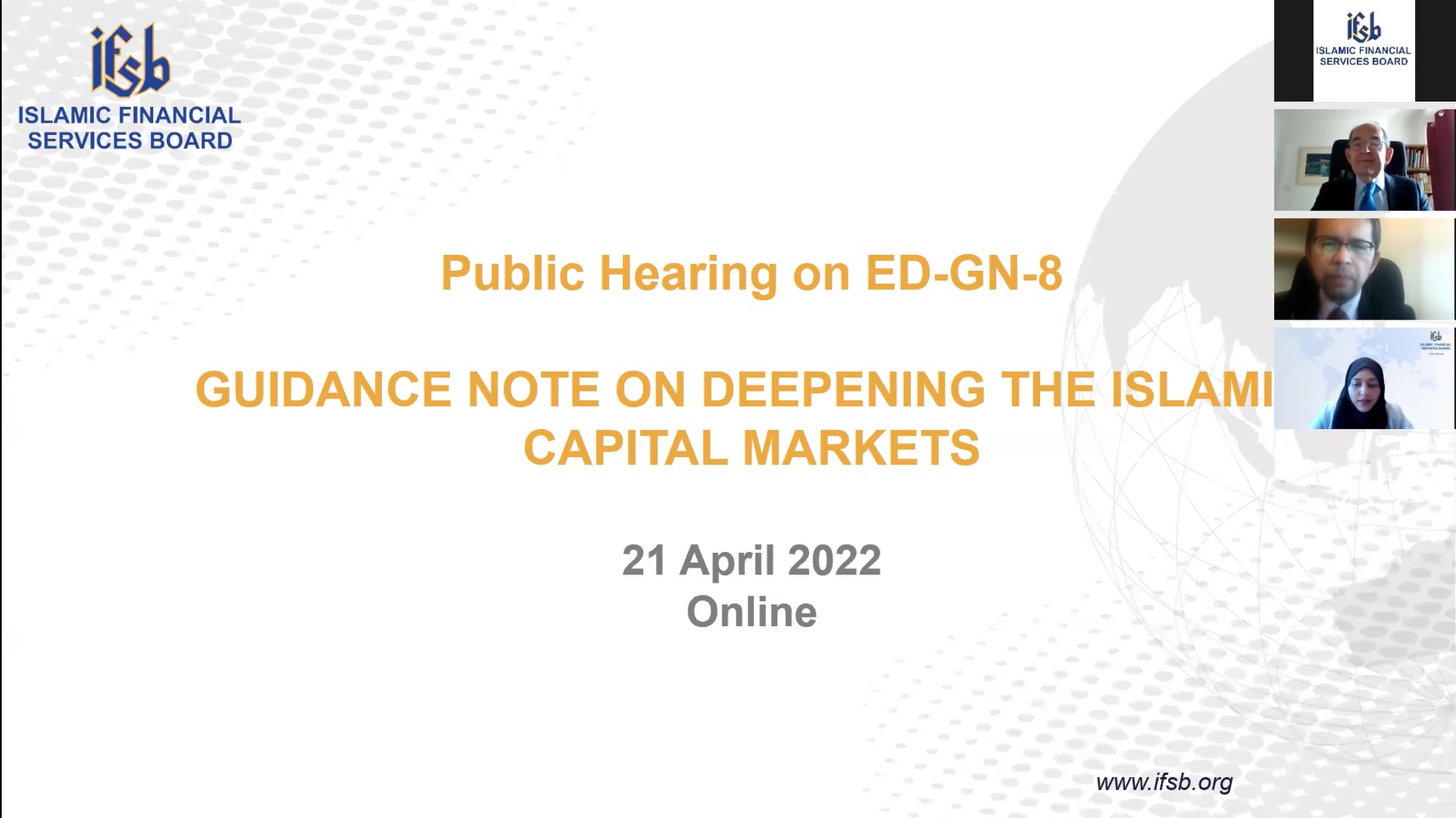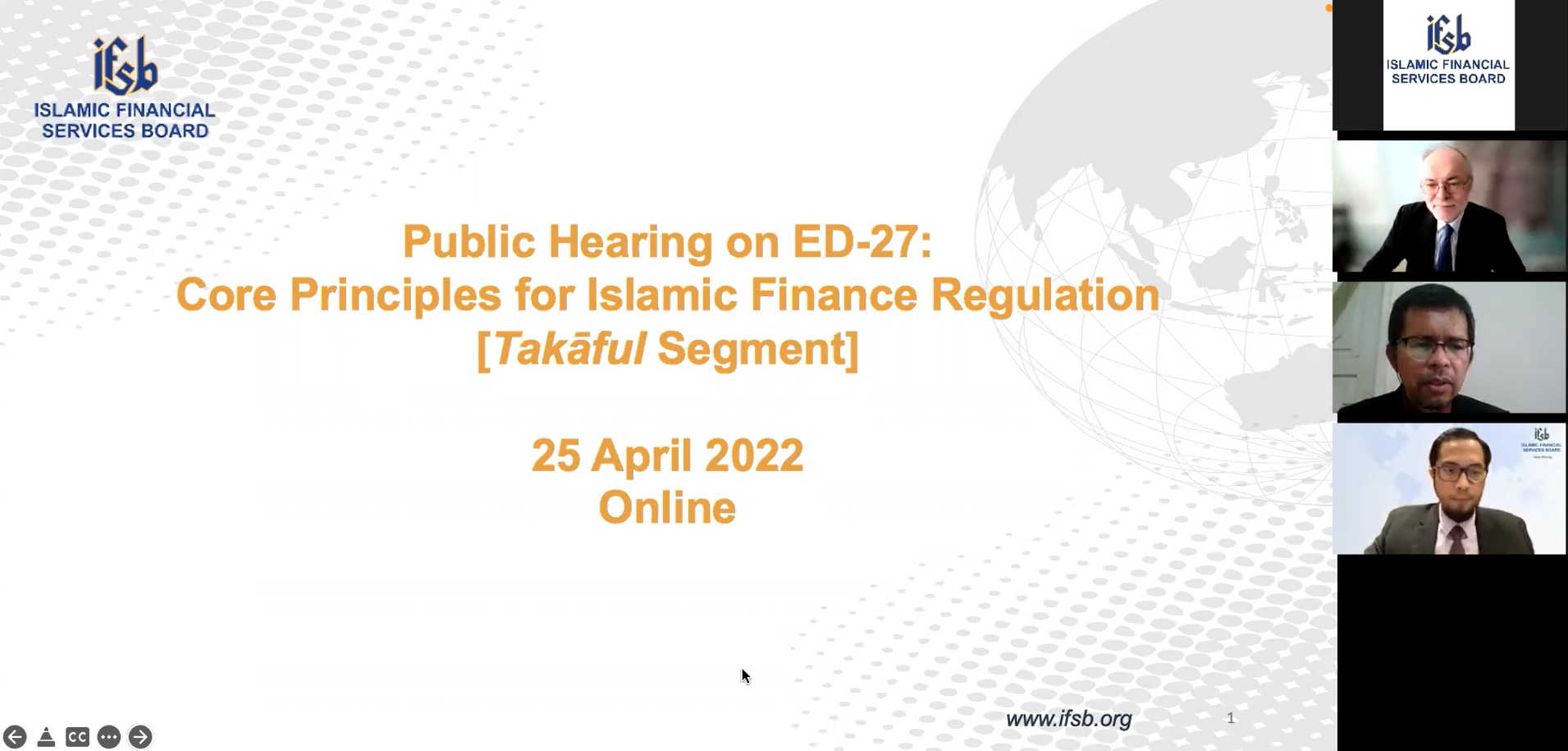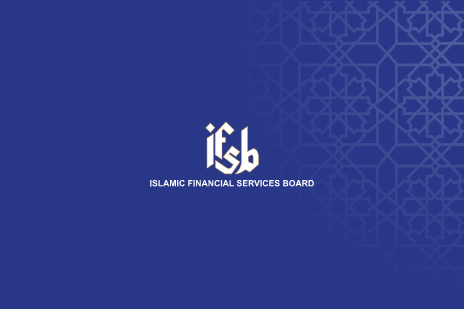
IFSB Executive Programme: Managing Digital Transformation Risks for Islamic Finance Institutions (IFIs)
OnlineOnline IFSB Executive Programme Managing Digital Transformation Risks for Islamic Finance Institutions (IFIs) The Covid-19 pandemic has given a very important lessons to global financial services industry unexceptionally which the Islamic finance industry shall face post the pandemic. One of them is the necessity of accelerated digital business transformation which includes amongst others, changes in the business model, operations, technical mechanism, supervision and monitoring into the digital ones including larger and comprehensive risk assessment and mitigation. Physical business interactions, dealing, negotiation, financial transactions and execution may not be feasible nowadays and are changed into digital and virtual Islamic financial transactions. Currently, Islamic finance players have started to transform their products and services into digital ones for examples, e-deposit, e-sukuk, insurTech, e-payment, etc offered and operated via new business and digital based systems in the integrated financial market. Even, Islamic finance is now giving the greater attention on Islamic social finance, funds, products and instruments including the Environmental, Social and Governance (ESG). Sukuk awqf, digital zakah and awqf payment and distribution mechanisms are amongst the recent innovations in Islamic finance most of which IFSB Standards had provided clear guidance for both regulators and market players. To enhance participants understanding of operational risks and regulatory concerns associated with accelerated digital transformation for the Islamic banking, Islamic capital market and takaful institutions. To elevate key skills and competencies of participants on regulation, supervision and monitoring including comprehensive risk assessment and mitigation of digital transformation associated risks for IFIs. To equip participants with understanding and acceleration of Islamic social finance including new and innovative instruments, mechanism and programs. Interactive online discussion, providing direct engagement with subject matter experts and sharing of country and organisational experiences as well as using IFSB standards and technical notes as reference. Event Snapshots:
